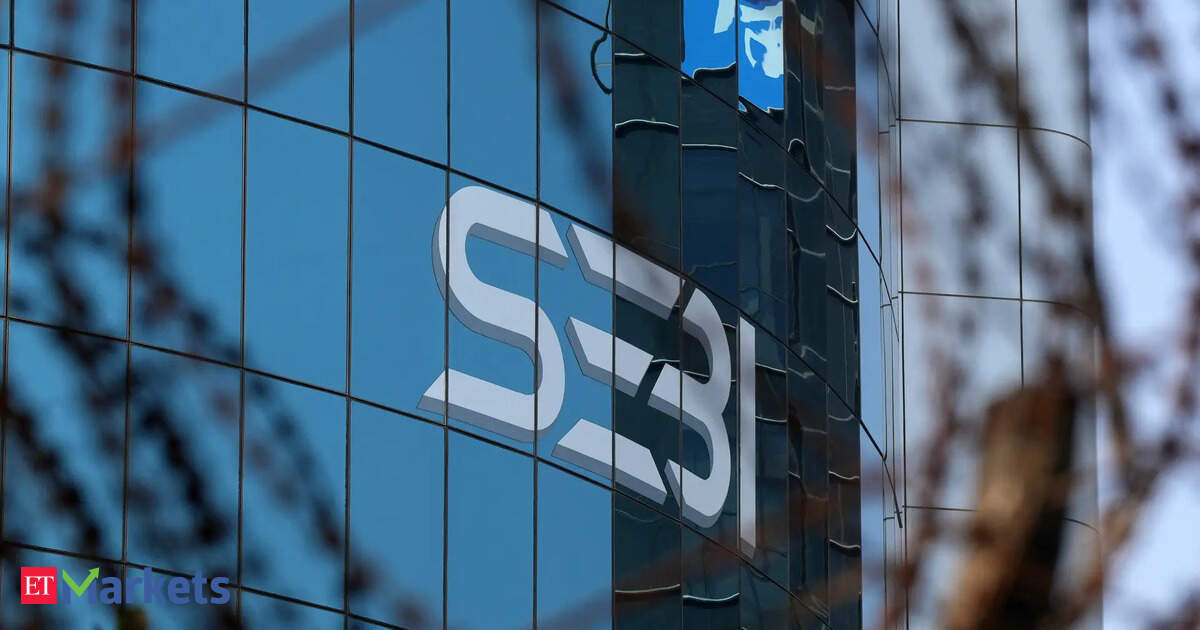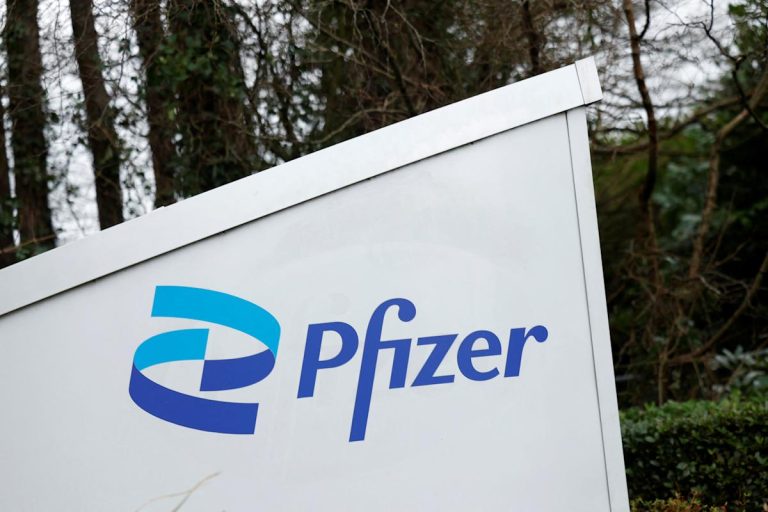Under the existing regulations, promoters are ineligible to hold or be granted share based benefits, including ESOPs and if they held such share based benefits at the time of filing of DRHP they are required to liquidate such benefits prior to the IPO.
This provision has been found to be impacting founders classified as promoters at the time of filing of DRHP, the Sebi board meeting document said.
Among other measures, with a view to enhance market transparency, Sebi has mandated dematerialization of securities for a wider range of stakeholders—including promoter groups, employees, directors, and institutional investors—prior to filing the DRHP. This expansion of the demat mandate is expected to reduce fraud, prevent loss or damage of physical shares, and improve regulatory oversight.
In a bid to streamline the public issue process and encourage ease of doing business, SEBI has also approved key amendments to the Sebi (Issue of Capital and Disclosure Requirements) Regulations, 2018, and SEBI (Share Based Employee Benefits and Sweat Equity) Regulations, 2021. The move aims to simplify rules for companies planning to go public, especially those shifting their base back to India—a process known as “reverse flipping.”One of the major changes addresses a long-standing issue related to equity shares arising from the conversion of fully paid-up Compulsorily Convertible Securities (CCS). Earlier, only equity shares acquired under approved schemes were exempted from a one-year holding period before being offered for sale in an IPO. Now, this exemption has been extended to shares arising from CCS conversions, enabling greater investor participation in public issues.The Board has also allowed certain “relevant persons”—such as alternative investment funds, foreign venture capital investors, and public financial institutions—to contribute equity shares from CCS conversion towards the minimum promoter contribution (MPC), a flexibility previously granted only to promoters.
These measures were finalized after public consultations in March and April 2025 and reviewed by SEBI’s Primary Markets Advisory Committee, reflecting SEBI’s ongoing commitment to modernise India’s capital markets.
(Disclaimer: Recommendations, suggestions, views and opinions given by the experts are their own. These do not represent the views of Economic Times)









